Organizers from across Arizona gathered at the state Capitol on
Monday to mark the start of Pride Month and push back against what they
called a continued onslaught of anti-LGBTQ+ bills passed by the state
Legislature.
While LGBTQ+ rights groups have often used Pride
Month to criticize Republicans for targeting trans and queer youth, two
Democrats were also named this year for advancing anti-LGBTQ+ rhetoric
and legislation: U.S. Sen. Ruben Gallego and Gov. Katie Hobbs.
Last week, The Dispatch
published an interview with Gallego in which he broke from fellow
Democrats on the issue of transgender youth athletes, saying they should
not be allowed to participate in youth sports.
“As a parent of a daughter, I think it’s legitimate that parents are
worried about the safety of their daughters, and I think it’s legitimate
for us to be worried also about fair competition,” Gallego said. “And I
think the parents of these trans children also are worried legitimately
about the health and wellness of their kids. There are some sports that
some of these trans children should not be playing.”
Gallego said there should be separation based on biology, adding:
“Hey, listen, we love you. We want you to be part of our community, but
this is just the one place you can’t play, and let’s find other
activities for you to be involved.”
His comments echoed “separate
but equal” arguments once used to justify banning gay and lesbian people
from teaching or serving in the military—language that LGBTQ+ advocates
say has no place in progressive politics.
Still, Gallego appears to be applying similar logic to trans youth.
Following publication of the interview, LGBTQ+ advocates and progressive groups in Arizona—and nationwide—voiced their dismay, saying Gallego has abandoned the values that won their support during his Senate campaign.
“Senator
Ruben Gallego’s recent remarks targeting transgender youth have left
many of us in Arizona, and across the nation, feeling disheartened and
outraged,” said a petition issued by Scott Blades,
executive director of the Tucson Interfaith HIV/AIDS Network. “These
comments serve to perpetuate harmful stereotypes and discrimination
against an already vulnerable community, undermining the principles of
equality and inclusion that are fundamental to our society.”
At the Capitol, youth leaders and young people directly called out Gallego’s shift.
“We
must ensure our schools are safe spaces,” said Kado Stewart, a program
director at Phoenix-based LGBTQ+ youth organization one•n•ten, which
operates statewide. “That means ensuring our transgender students have
the ability to participate in school athletics, which are proven to
improve mental health, reduce anxiety and depression, and build teamwork
skills. Those who want to participate in sports shouldn’t have to find
other activities.”
Violet DuMont, a transgender student from Tucson, addressed Gallego directly.
“Hey
Ruben, if you can’t stand up for trans kids, maybe Congress isn’t the
right place for you—and let’s find another activity for you to make fair
competition,” DuMont said.
Gov. Katie Hobbs, a longtime LGBTQ+
ally who has vetoed numerous anti-trans bills, was also criticized for
signing HB 2112—a sweeping anti-pornography law that has been used in
other states to label LGBTQ+ content, such as books and sex education
materials, as “adult content.”
“Few organizations across Arizona
actually supported this piece of legislation, and the governor still
decided to sign it,” said Harrison Redmond, a community organizer with
the ACLU of Arizona. “LGBTQ+ youth deserve to be seen, heard, and have
access to medically accurate, identity-affirming, and life-saving
information readily available online. HB 2112 risks taking that away—and
Gov. Hobbs was wrong to sign this bill, full stop.”
The statements challenging Hobbs and Gallego were made at a youth day
for LGBTQ+ people at the Capitol. The event is an annual gathering on
the start of Pride month hosted by Rep. Lorena Austin of Mesa with the
help of LGBTQ+ advocacy groups such as Human Rights Campaign of Arizona,
ACLU of Arizona, the Greater Phoenix Equality Chamber of Commerce, and
Education Action Alliance, formerly known as GLSEN-AZ.
Youth are
given a chance to speak confidentially to Democratic lawmakers
face-to-face on how legislation and politics affect their daily lives.
But
more than an opportunity to express grievances publicly, the day is a
celebration for queer youth to show up for each other in numbers. One
Tucson student, Mya Figueroa, urged her fellow trans youth to stay
hopeful and positive: “I’m proud of myself and my siblings,” she said.
“Don’t forget that you are not alone, you are loved, and needed in all
spaces. You are whole just as you are.”

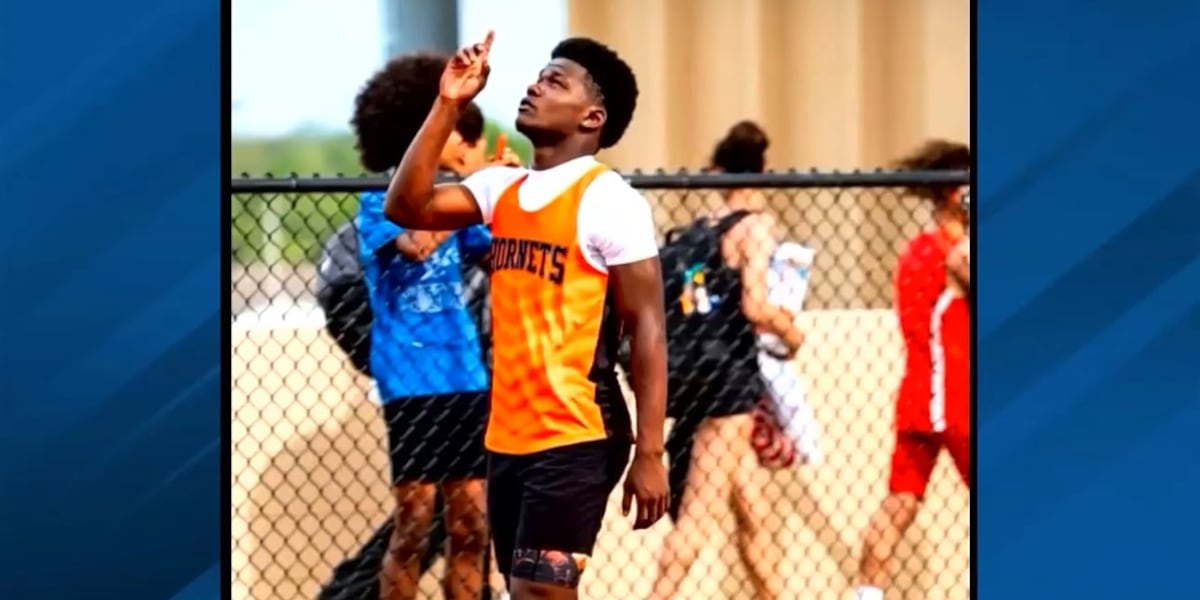
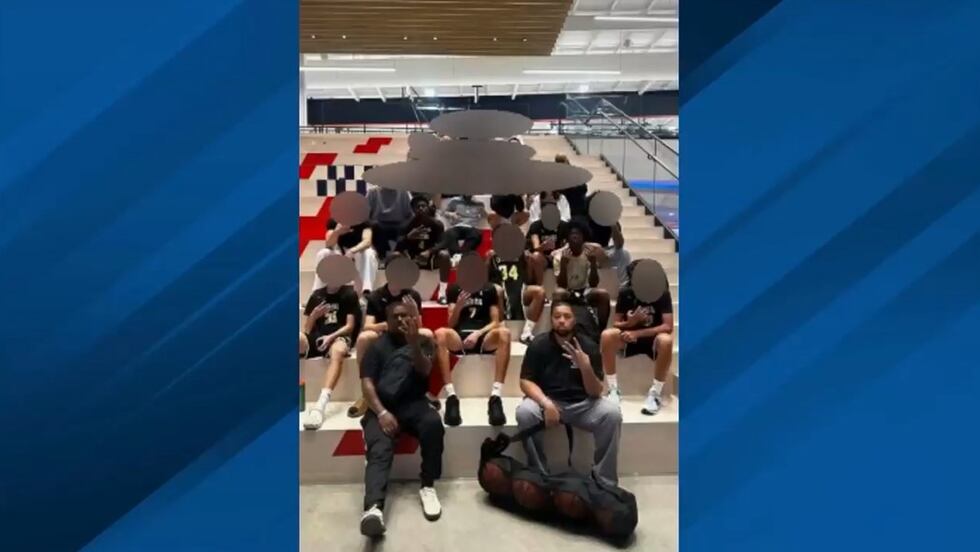

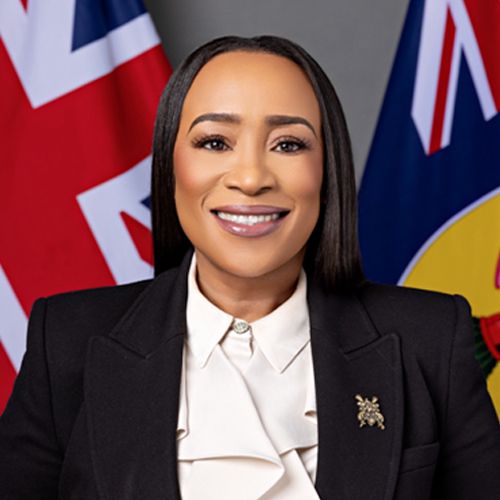
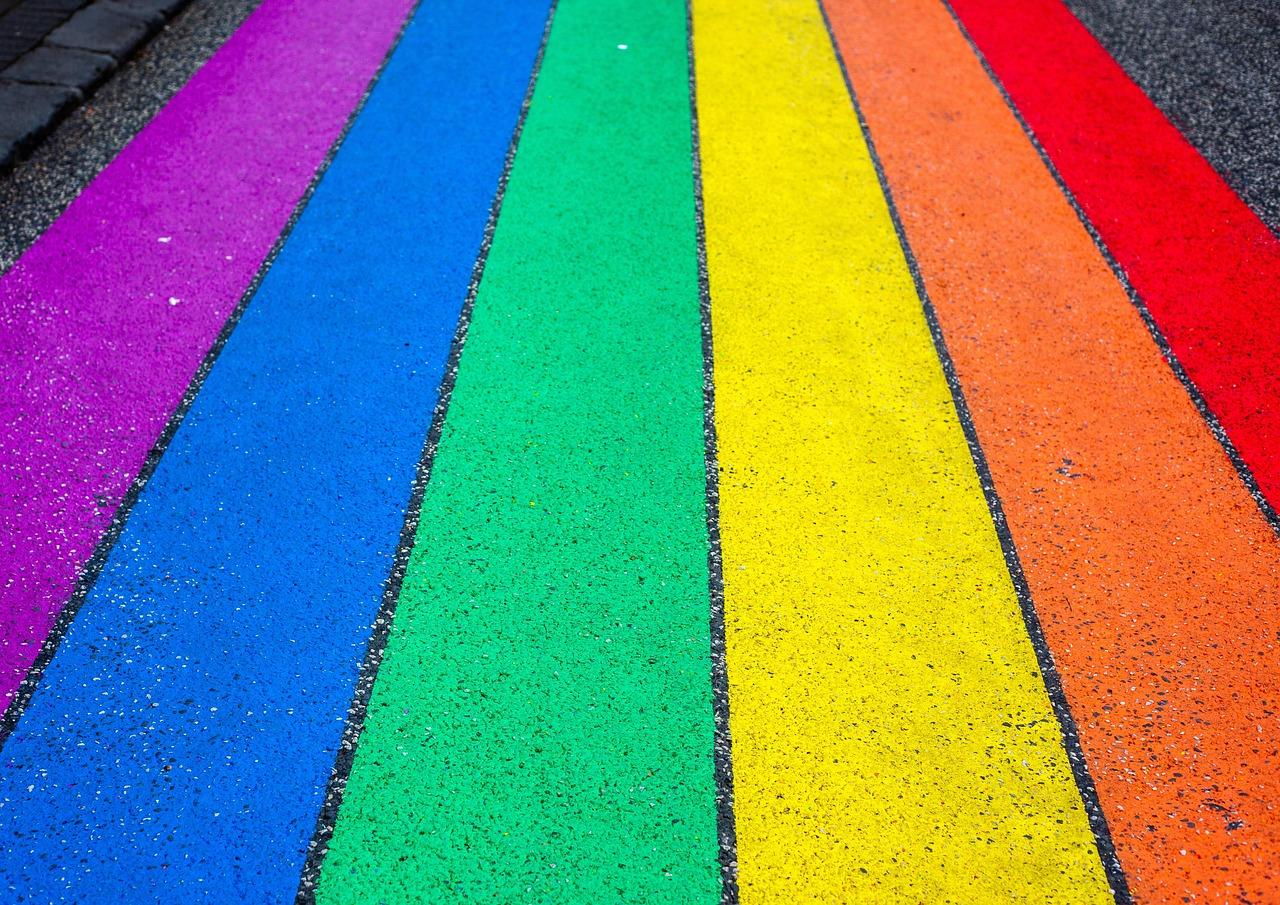
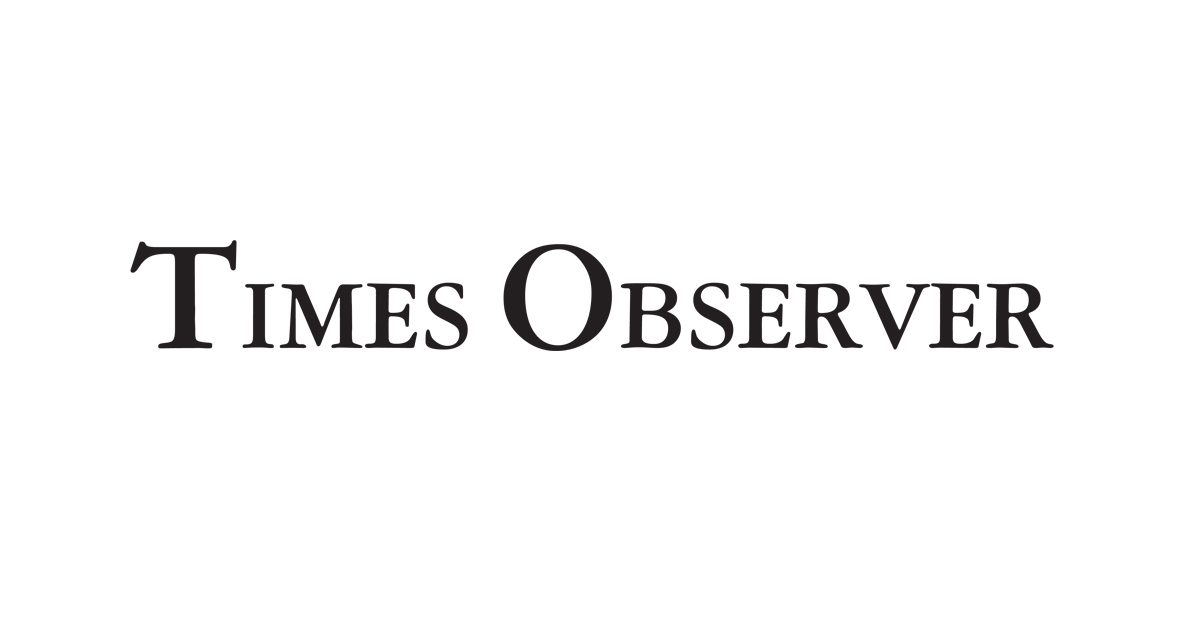
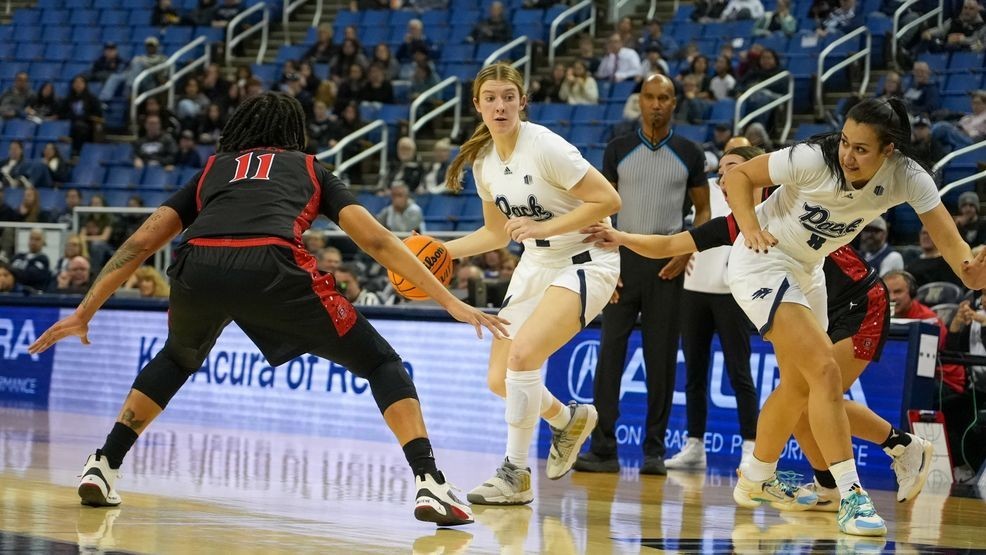
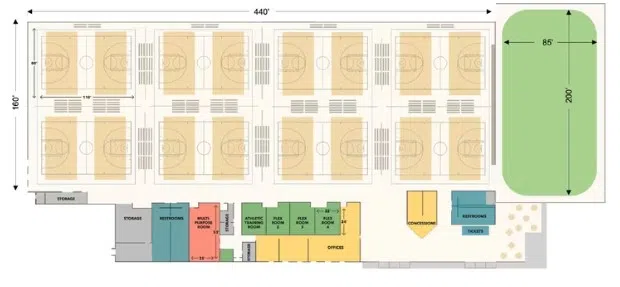
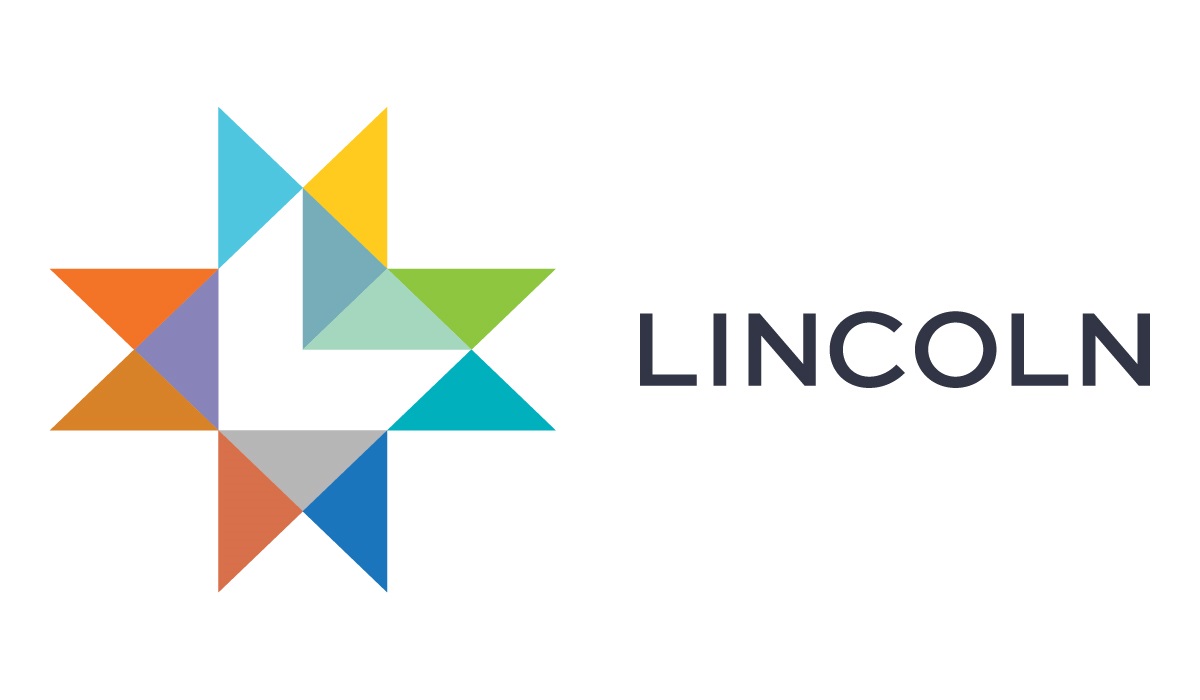

 Knicks blow out Celtics to make ECF for first time since 2000 | SportsCenter
Knicks blow out Celtics to make ECF for first time since 2000 | SportsCenter


































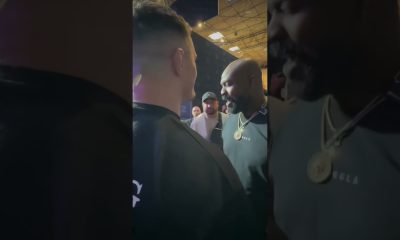








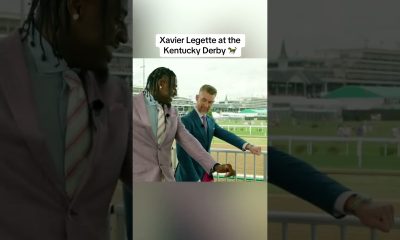





 | Pt. 1
| Pt. 1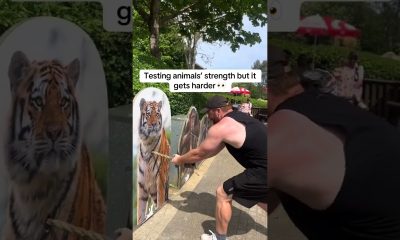

 (via @zackystrong.pt/TT)
(via @zackystrong.pt/TT)